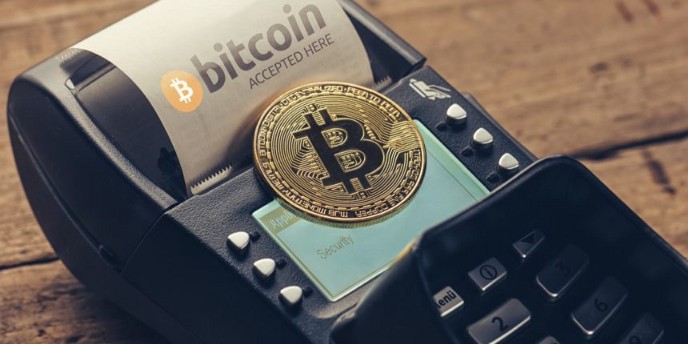Cryptocurrencies, an everyday means of payment like fiat money? Maturity in terms of payments is out of date. According to Binance, only 11% of crypto holders use it mainly for purchases.
PayPal, a new entrant in the crypto market, has set itself the goal of improving the usefulness of cryptocurrencies. As a payment giant, the company is particularly interested in its usefulness as a means of payment.
But the road ahead in this field promises to be long. It presupposes a strong democratization of cryptocurrencies and a greater diversity in the current base of cryptocurrency holders. This is indeed what Binance’s “2021 Global Crypto User Index” suggests.
Today, crypto-assets are essentially imposed as financial investments. Thus, 55% of respondents consider crypto, including Bitcoin, as a long-term investment. The main use of tokens for payments remains very much in the minority.
For example, only 11% of the respondents in the study said that they use their crypto mainly for payments. This illustrates how the current level of adoption neglects daily payments in crypto.
If they don’t spend their crypto, users therefore favour conservation, i.e. the concept of “hodling”. The majority of them prefer to own the crypto, rather than selling it. 39% thus declare that their “use” is first and foremost about hodling. Unsurprisingly, Bitcoin is the preferred value (65%).
After the category of “hodlers” comes the category of crypto investors. 28% mainly opt for the purchase of other crypto assets through their crypto holdings. And as such, DeFi’s financial services interest 22% of the respondents.
This includes in particular loans and staking. It should be noted that Binance Research is observing an increase in staking among its clients under the impetus of Ethereum 2.0. In short, users are choosing to make their cryptocurrencies grow.
This confirms even more the nature of cryptography as a financial instrument, to the detriment of the uses linked to payments. PayPal, and others, will therefore have an essential role to play in the development of these uses.
“40 to 70% of consumers no longer want to handle cash,” considers the firm’s CEO. It is thus for PayPal to be in the front line in this transformation. And cryptocurrency is a way to democratize a little more the use of electronic payments.


